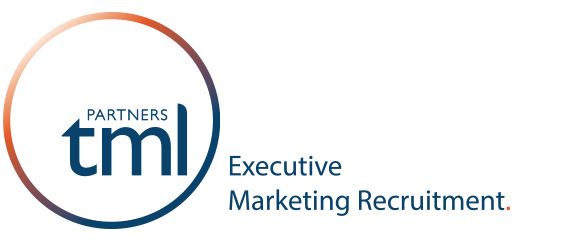
B2C trailblazers have set the precedent for how customer experience should be done, meaning consumer expectations have risen exponentially. The likes of Apple, Amazon and Google have built truly customer-centric organisations and now the rest of the field is playing catch up.
In B2C, customer experience is entrenched in marketing strategies. Organisations that don’t put their customers first are soon overtaken by ones that do. In B2B, however, the adoption of true client focus is slower. There are challenges specific to B2B which make it harder to implement, but the potential benefits are significant. Those B2B organisations that are disrupting the traditional way of doing business are reaping the rewards.
Challenges for B2B
Having excellent customer experience is all about understanding your customer. In B2C, this is more straightforward, there is one customer to whom you are trying to sell. In B2B there are usually multiple stakeholders, all with different interests and agendas. How is an organisation to tailor its client experience process to fit?
There is also usually a far longer and more complex buying process in B2B transactions. Lead times from initial contact to sale to post-sale can span months, if not years. This, in turn, makes client experience an incredibly complex process.
In B2B, the buyer is often not the end user. Take a software company selling CRM solutions to a telesales organisation. The people involved in the procurement process will be the management team, yet the end users are the telesales employees. Yet another level of complexity to add to the B2B client experience. In B2C there’s one end user and this is the person you’re selling to.
Where has B2B got to?
The landscape has changed. On the consumer side, customers are used to a streamlined and tailored service that genuinely meets their needs. This is filtering into B2B. Clients want a service that is accessible, connected, personal and human. The fintech space has already achieved this. Lean and streamlined tech companies are taking market share from traditional organisations by providing a client-focused, efficient service. The real challenge is how the large, traditional organisations are going to compete. The degree of change needed in some of these organisations is totally transformational, but it can’t be that far off being necessary, considering the threat of new entrants in the space.
What are the rewards?
The rewards of adopting a client experience focus in B2B are very similar to B2C. Ultimately it leads to increased revenue because clients become more loyal to organisations that look after their needs. Not only do customer-focused organisations retain their clients, but they also more successful at attracting new clients. Word of mouth about good customer experience is one of the most powerful sales tools out there.
For B2B, specifically, there is an additional reward for those early adopters of client experience strategies. We are still very much in the early stages of B2B organisations having true client focus, so there is a genuine opportunity for differentiation.
How can B2B organisations get further?
There are practical steps that B2B organisations can take to improve their client experience. In an article from McKinsey, the following steps are highlighted: map all customers; track the client journey and try to standardise as far as possible; manage incidents and digitise the journey.
In our experience, there are additional steps that can be taken in the structuring and resourcing of your marketing team. B2B organisations who elevate the role of marketing to board level are far more likely to have an ingrained customer focus. A strategy that is pretty well embedded in B2C, we are seeing this more and more in the B2B sector and with excellent results. The experience of your marketing leader is another consideration. We have worked with B2B organisations to recruit CMOs with a B2C background, to bring about the transformation needed with their organisation. This must be done with sensitivity, as the organisation needs to be ready for change and the CMO needs to fit the culture of the firm.
Simon Bassett is the Managing Director of tml Partners.
tml Partners specialise in placing Marketing Directors and their management teams.




